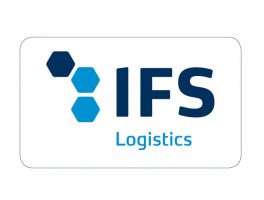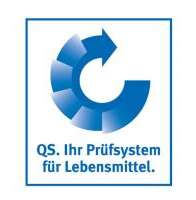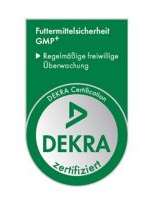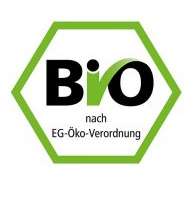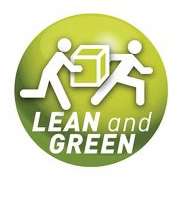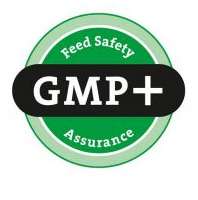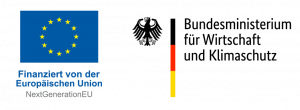The foldable crate revolution with RFID labels: sustainability for sensitive foods
In the world of food logistics, we are faced with a constant challenge: how can we transport sensitive foods such as fruit and vegetables safely, efficiently and, above all, sustainably? The answer to this question could lie in the innovation of folding crates with RFID labels, which, as reusable transport packaging, represent a direct alternative to conventional disposable cartons.
Sensitive foods require special attention during transportation. They are susceptible to damage, spoilage and loss of quality due to improper handling or inadequate protection during transportation. This is where folding crates with RFID labels come into play, offering a number of advantages, especially compared to single-use cartons.
1. sustainability: Disposable cartons are an essential part of conventional food logistics. However, the massive consumption of disposable packaging leads to considerable waste and environmental pollution. In contrast, collapsible crates are reusable containers made of robust material. They help to reduce the mountains of waste and reduce the ecological footprint.
2. protection and durability: Thanks to their solid construction, folding crates offer improved protection for sensitive food. Unlike disposable cartons, they are resistant to mechanical impact. This helps to maintain the quality and freshness of products during transport and minimize food waste.
3. efficiency through RFID labels: The integration of RFID (Radio-Frequency Identification) labels on folding crates enables precise and efficient tracking of food products throughout the logistics process. This technology provides real-time information on the location of products, storage conditions and enables improved inventory management. As a result, supply chains can be optimized and the risk of loss or theft minimized.
4. adaptability and versatility: Folding crates are available in different sizes and designs and can be adapted to the specific requirements of different food types. They are stackable, saving storage and transportation space, and can be easily cleaned and sanitized, ensuring food hygiene and safety.
The introduction of folding crates with RFID labels in food logistics is a significant step towards sustainability and efficiency. By reducing single-use packaging and implementing intelligent tracking systems, they help to reduce environmental impact, minimize food waste and improve the quality of the products delivered.
All in all, folding crates with RFID labels offer a forward-looking solution to the challenges of food logistics. Their many advantages make them an attractive choice for companies that value sustainability, efficiency and the protection of sensitive foodstuffs. It is time for these innovations to gain wider acceptance and further expand their contribution to protecting our environment and optimizing food logistics.







